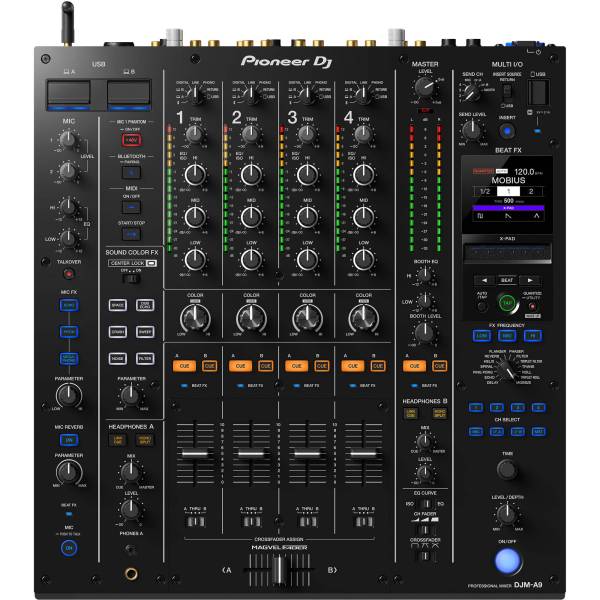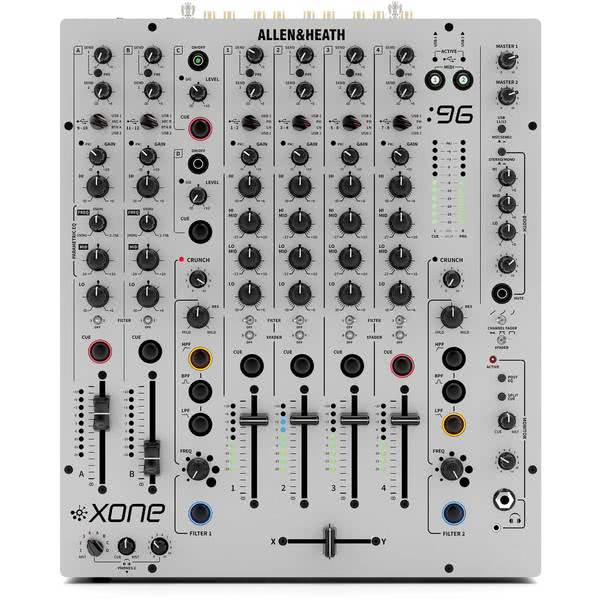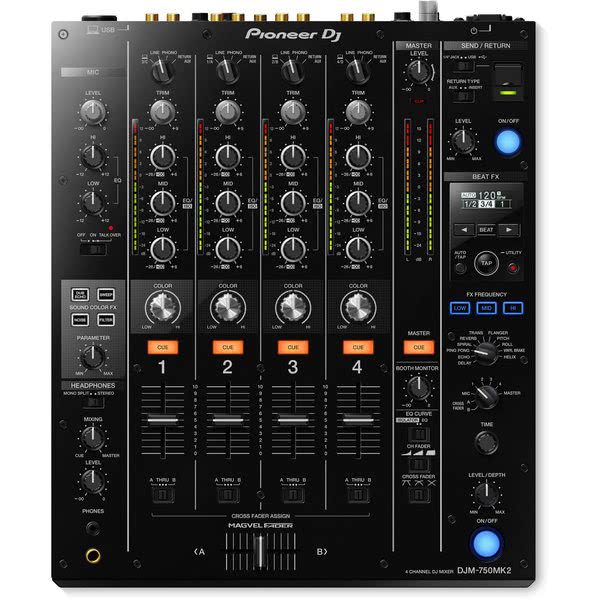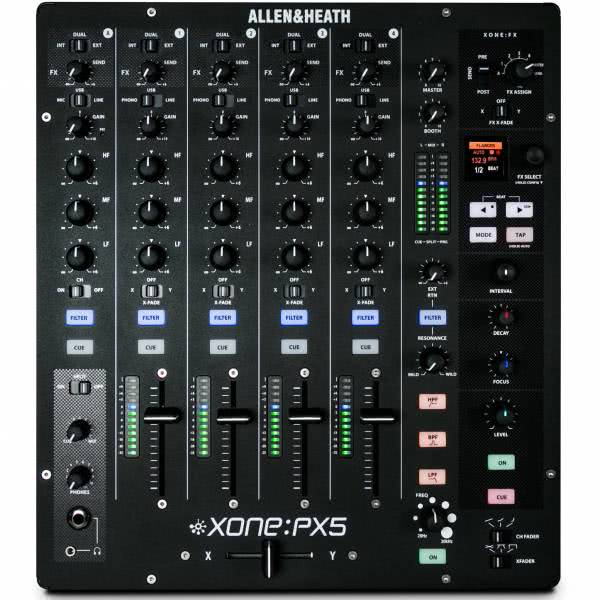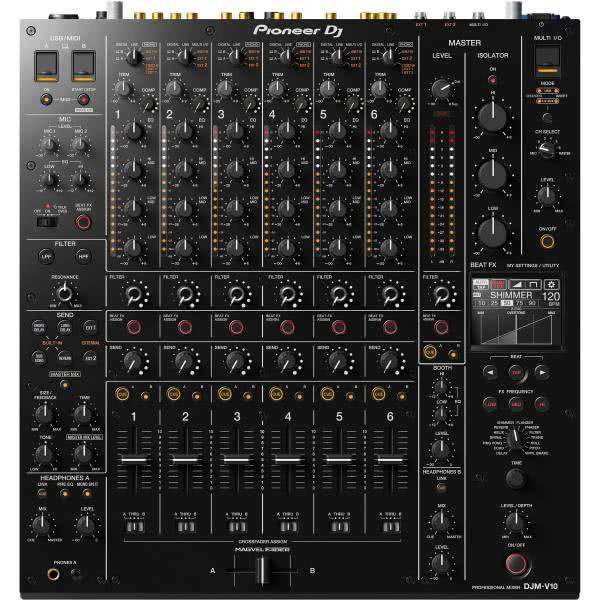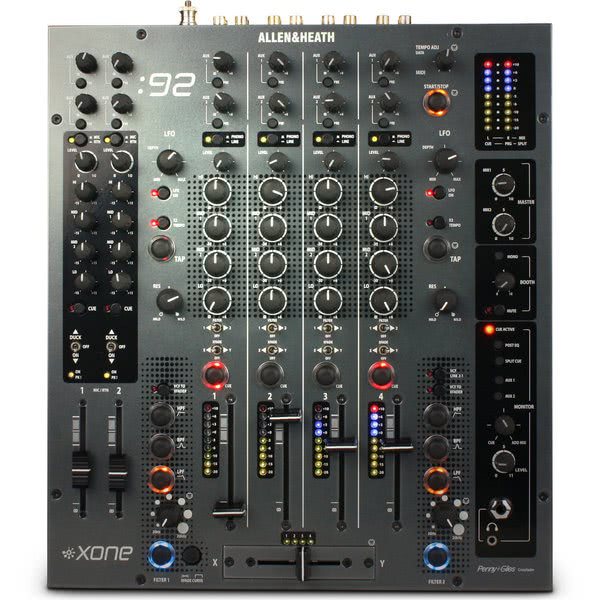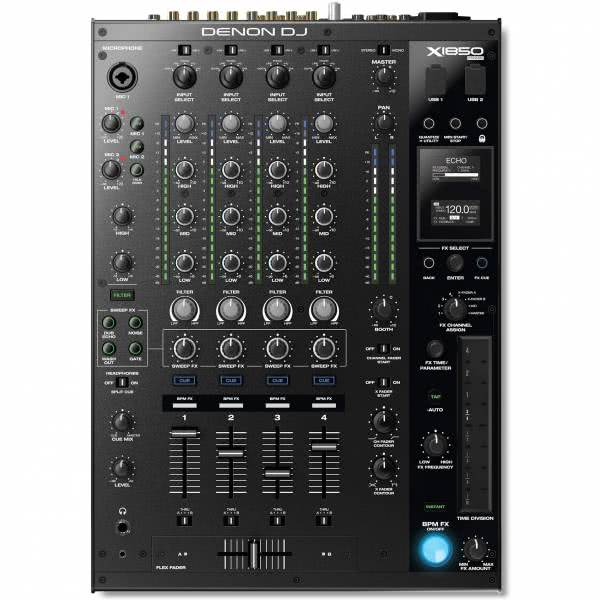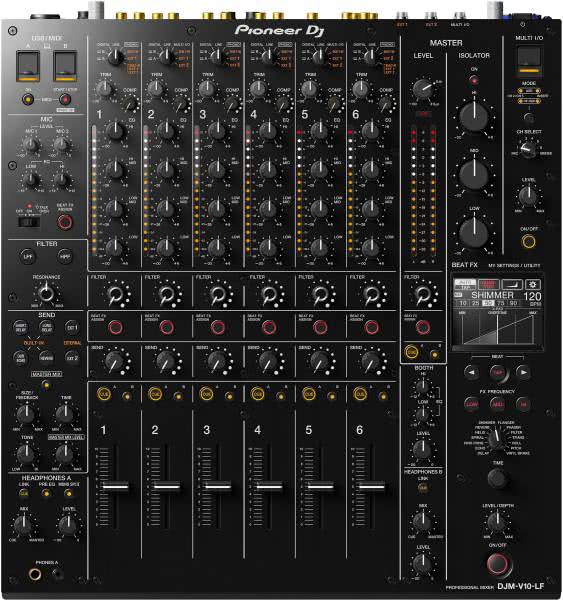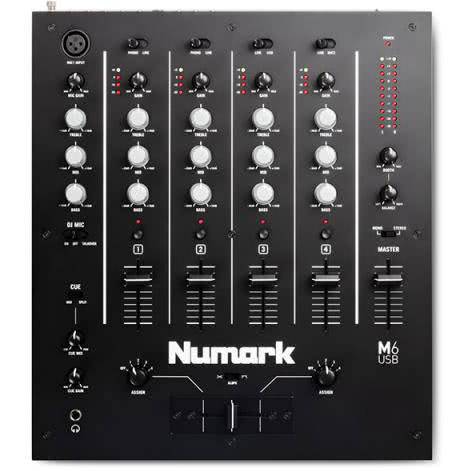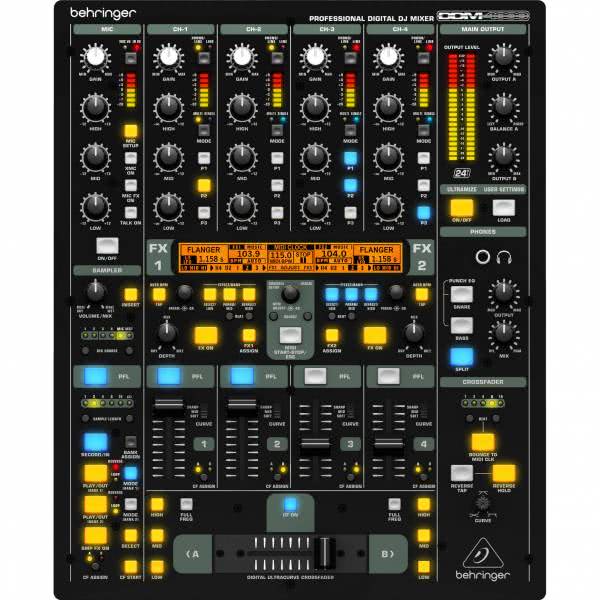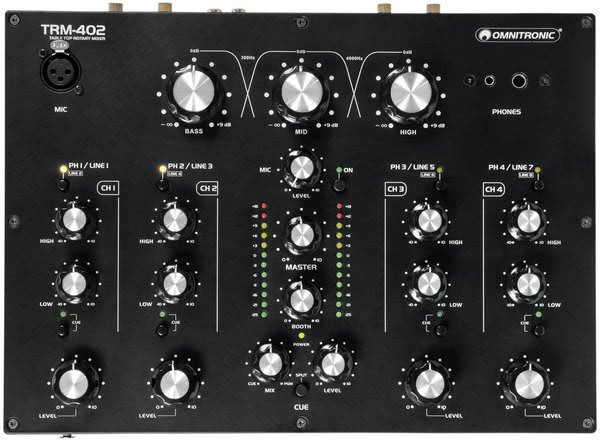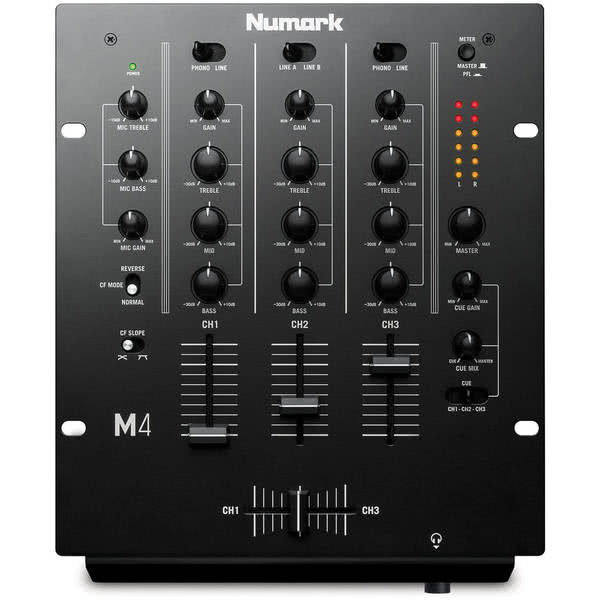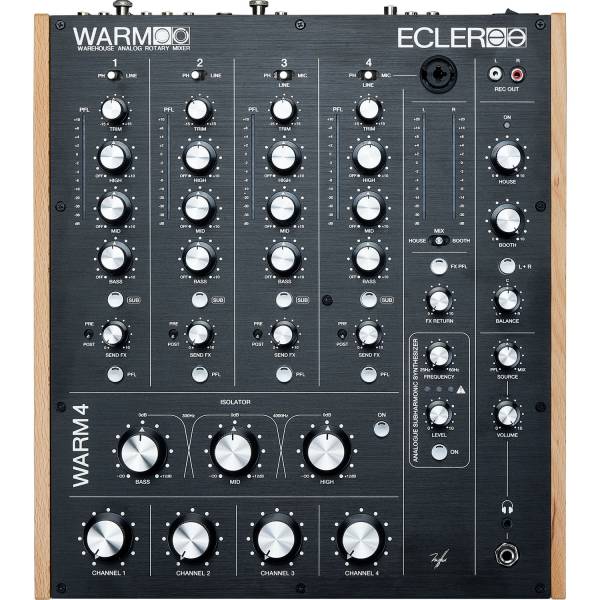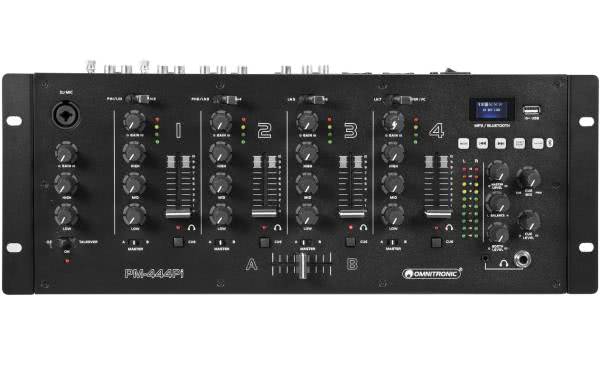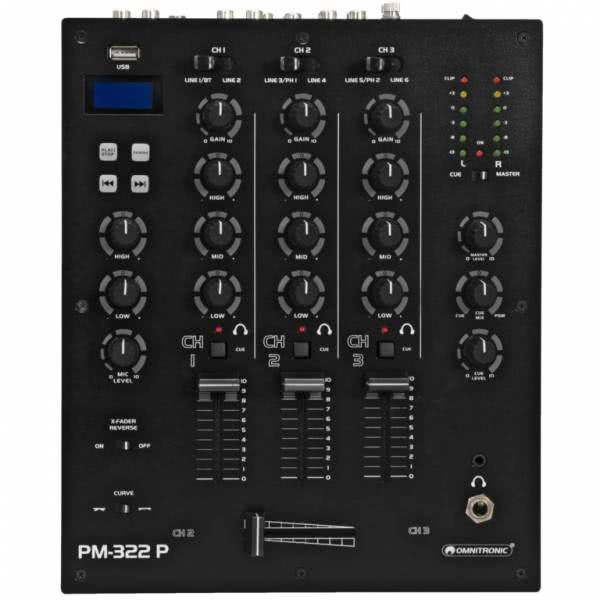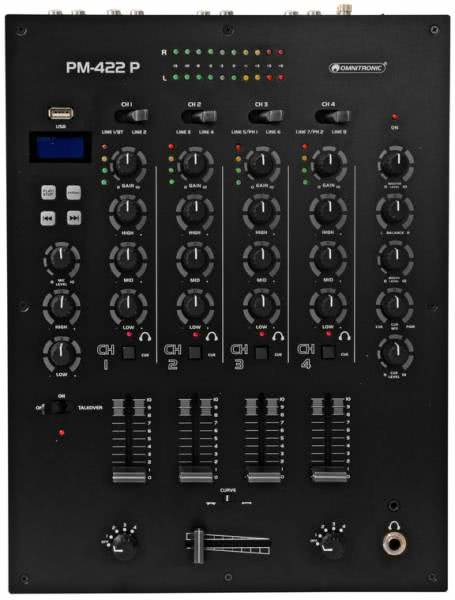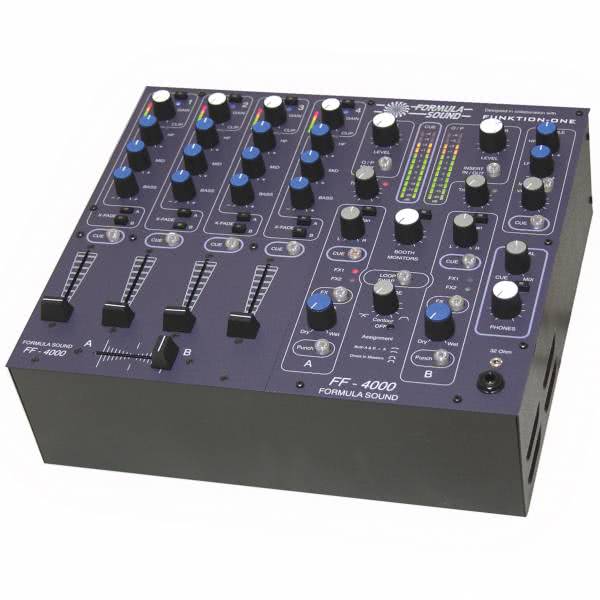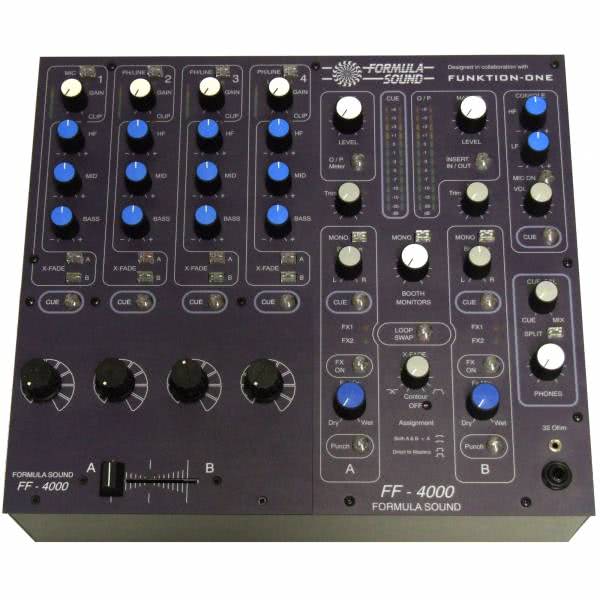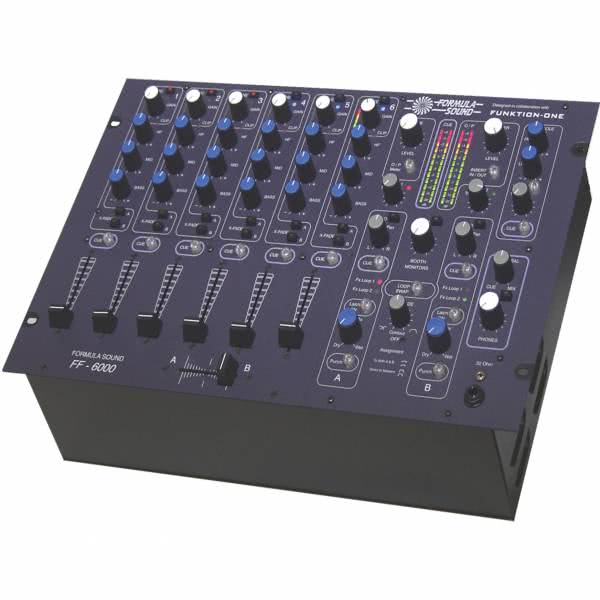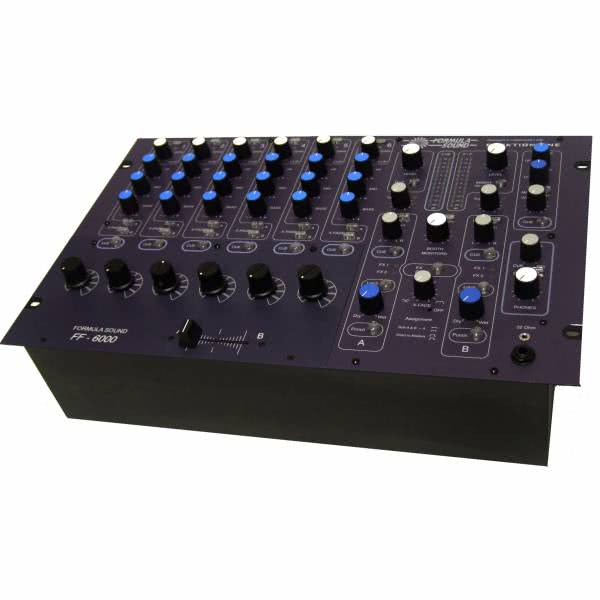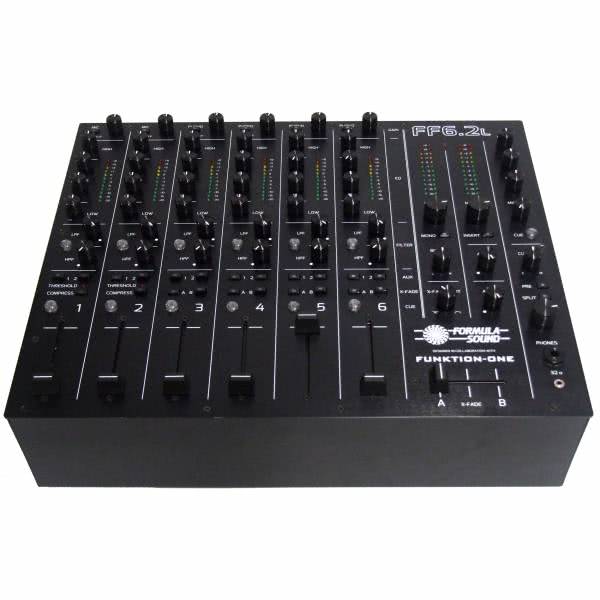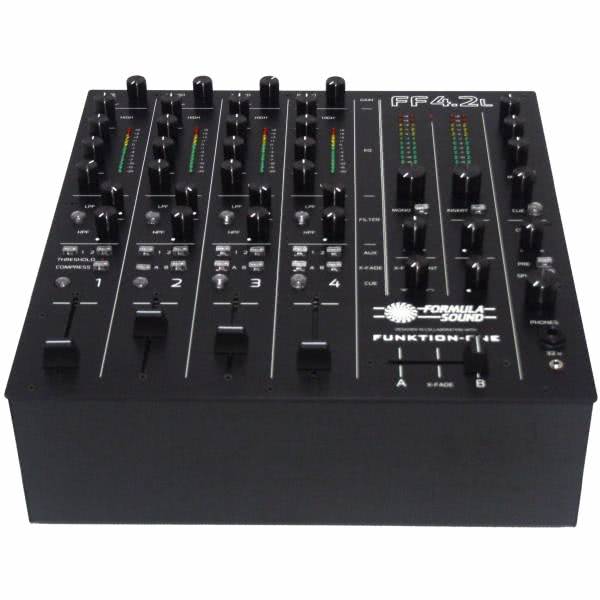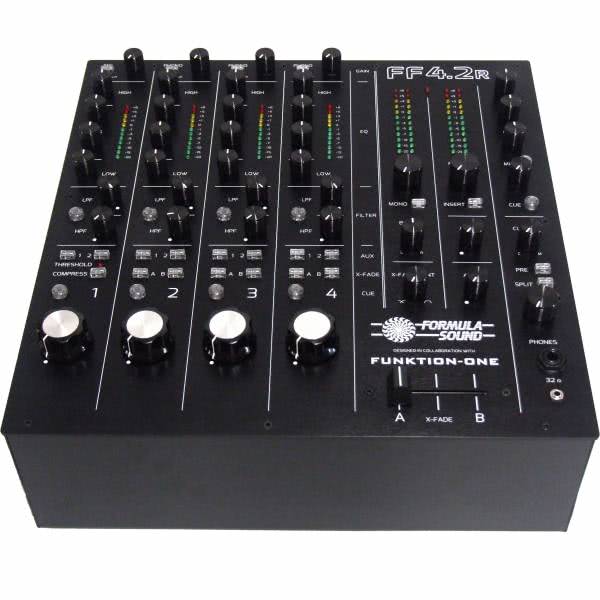4 Channel DJ Mixers - Full Club Control
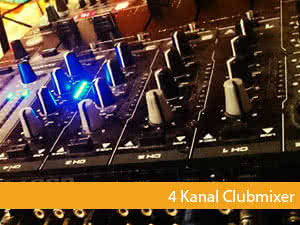
Once you're out of the "beginner's phase" and want to put together a decent DJ setup, where 2 channels are simply not enough anymore, you're faced with a new problem: The agony of choice.
4 channel mixers especially for DJs are available from many manufacturers and each one has its own advantages and disadvantages. So you have to decide in advance which setup you have or into which setup the 4-channel mixer should be integrated. The price ranges, functions and quality differences are large. That's why we offer you a small overview of which club mixer you can buy.
The Club Standard - Popular Manufacturers
If you are often on the road as a DJ in clubs or at festivals and don't bring your own setup with you, then two big standards have been established: You almost always find a Pioneer mixer or one of Allen&Heath. These two manufacturers offer a wide range of high quality products that are popular and appreciated by DJs all over the world. The product range is of course aimed more at semi-professional and full professional, which is also reflected in the price.
But you can also expect real quality, longevity, logical operation and optimum processing as well as a large number of features. Another manufacturer is Rane, who with his 4 and 5 channel mixers is also very popular. Especially the popular Sixty-Four is worth mentioning.
2 vs. 4 Channels - Why Buy a 4 Channel Mixer?
It depends on the intended purpose and the quality requirements. The large mixers usually offer high quality (or even at all) effects that are not available in the smaller brothers, or only slimmed down.
If you like scratching and are often on tourneys, it's more important to have short distances and fast and long-lasting crossfaders, which can be found mainly in battle mixers. In the event and club area, at least one microphone input is often required for recording announcements or audio signals, if not several inputs.
Club mixers, the hard festival and event use also have to survive several years. Therefore, high demands on robustness, quality and durability are not unusual.
And last but not least, you should not neglect the input sources, which can accumulate very quickly if you don't just run the classic 2-channel setup. At a 2-channel mixer, it gets tight with inputs at some point.

